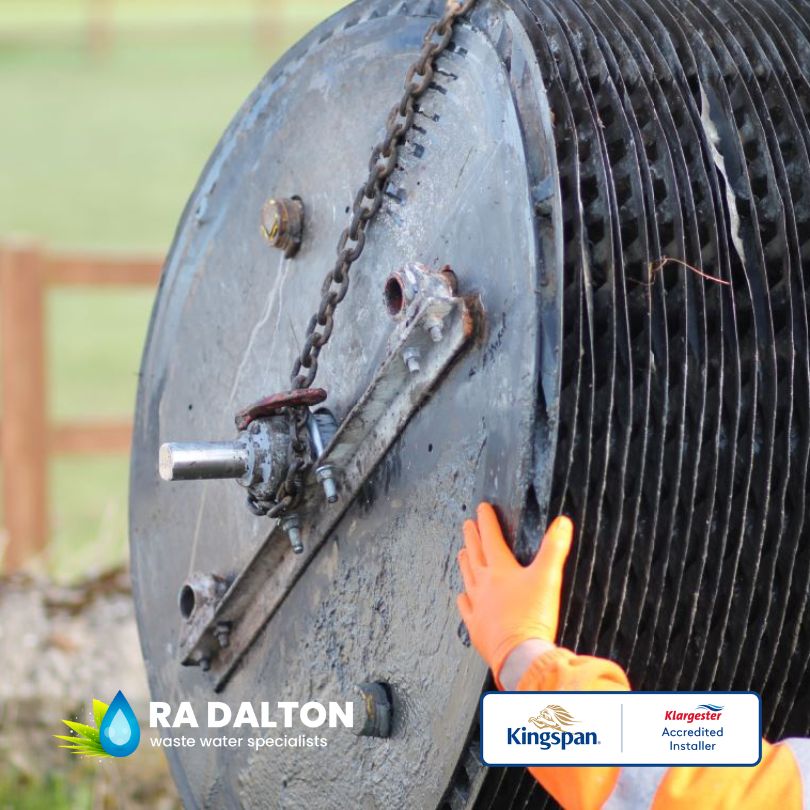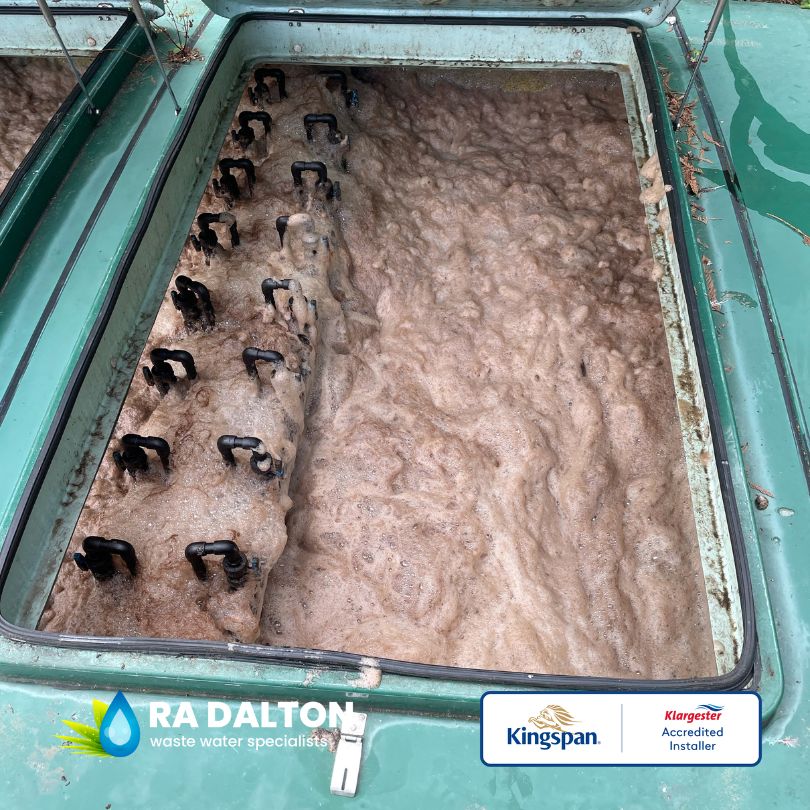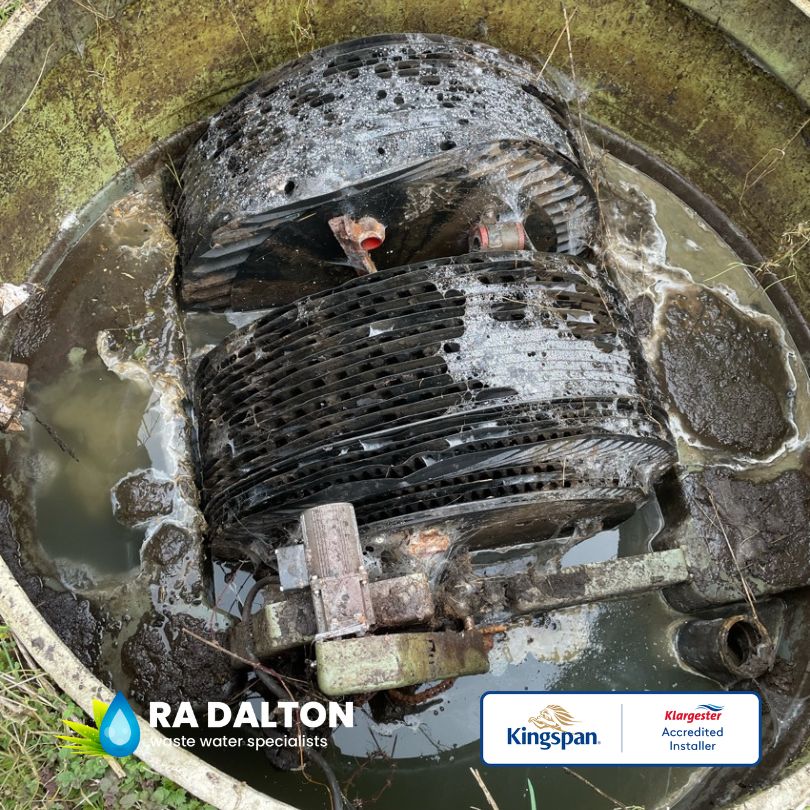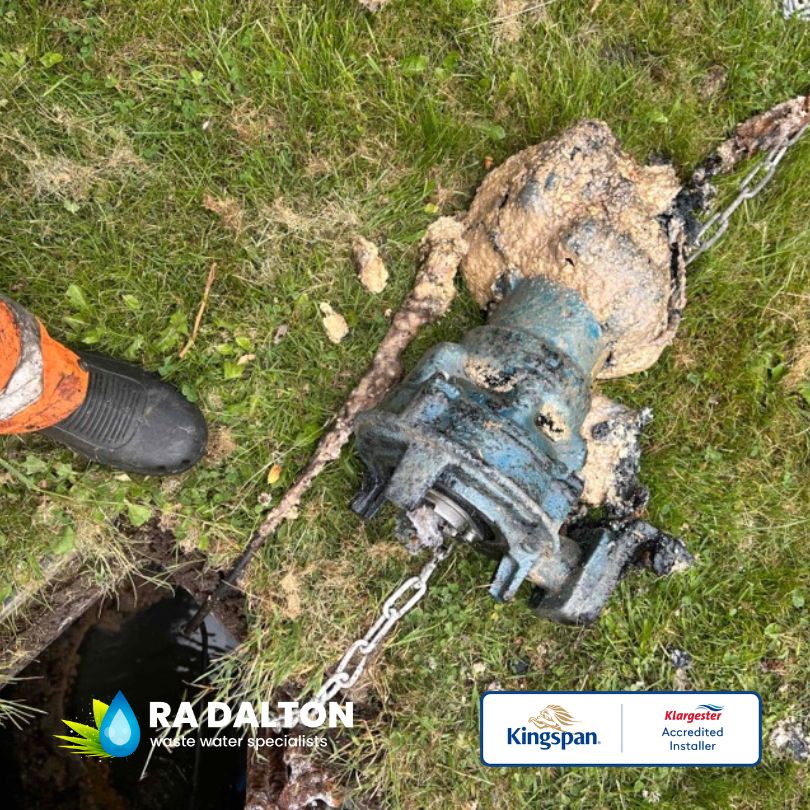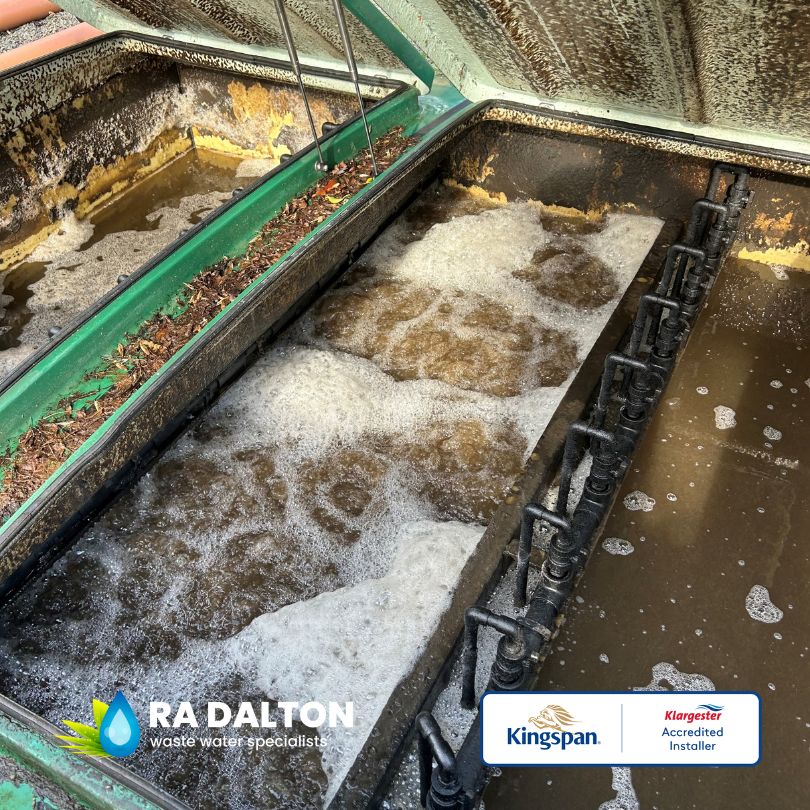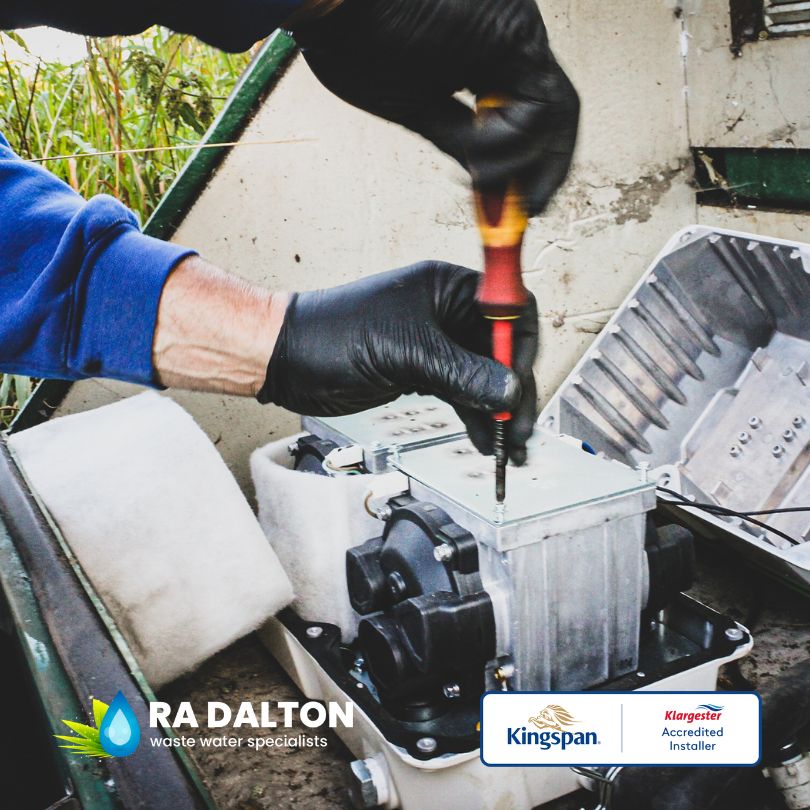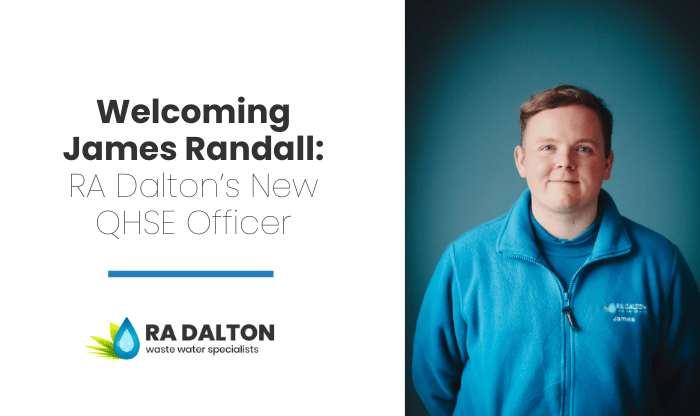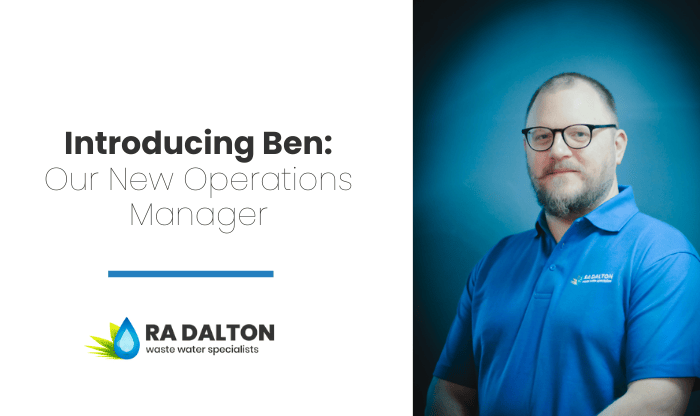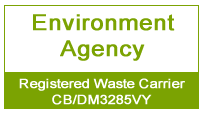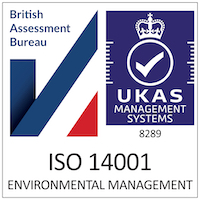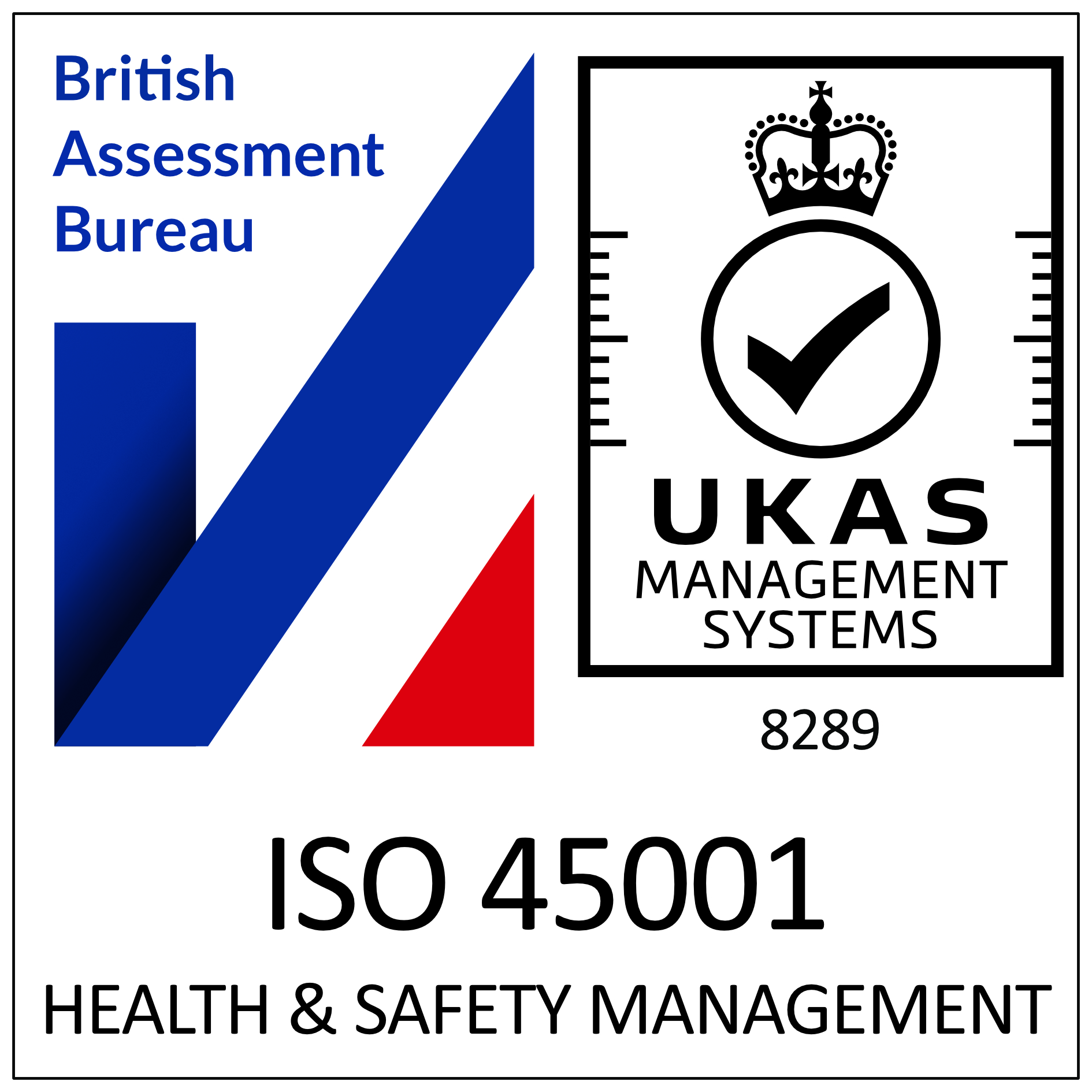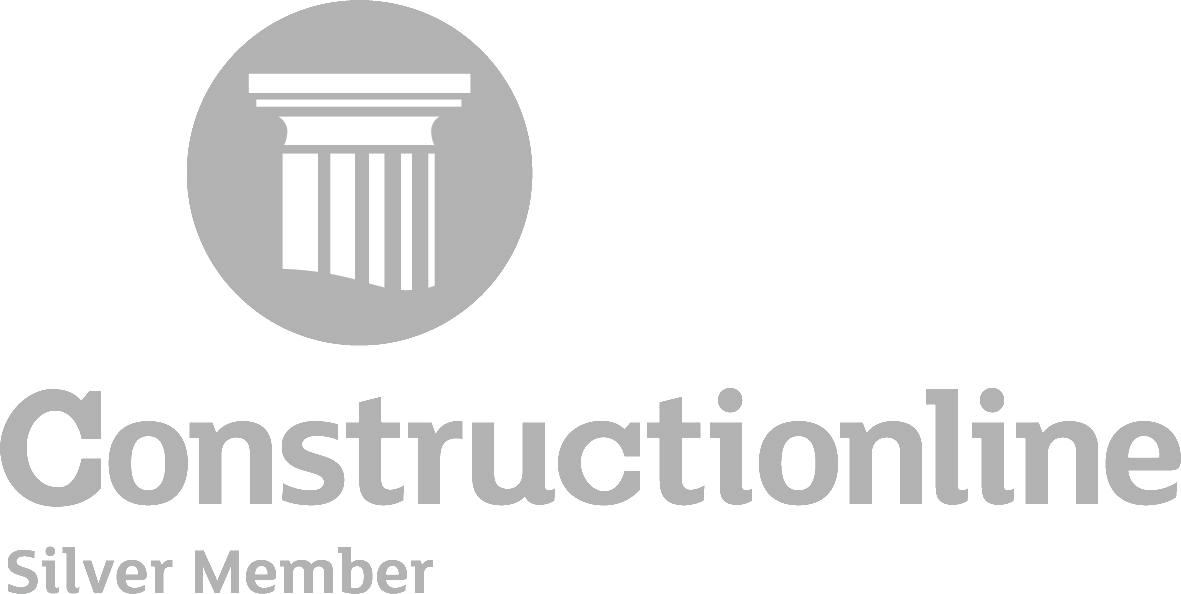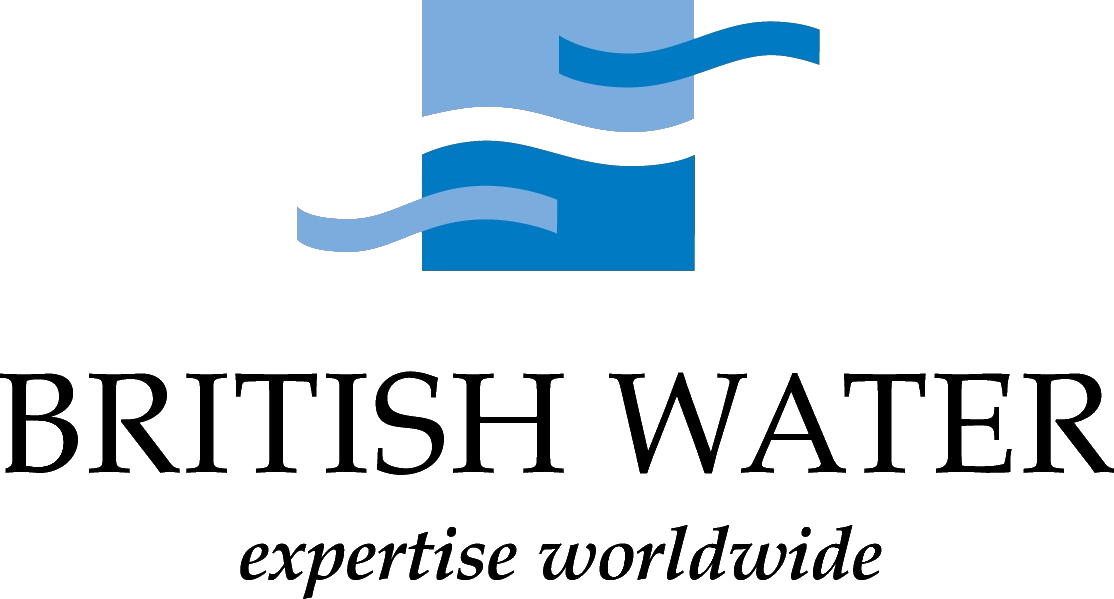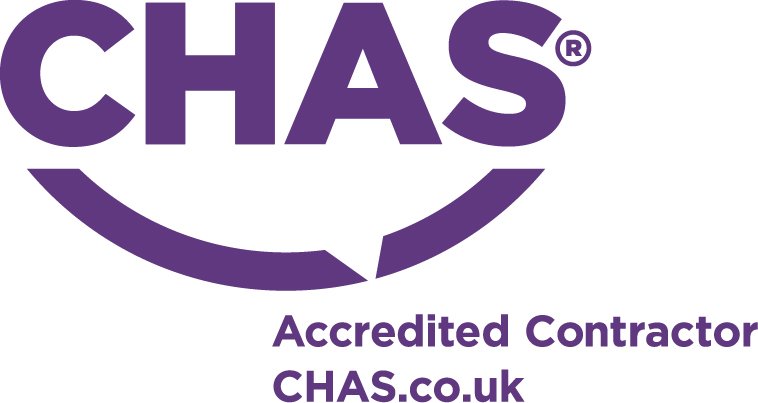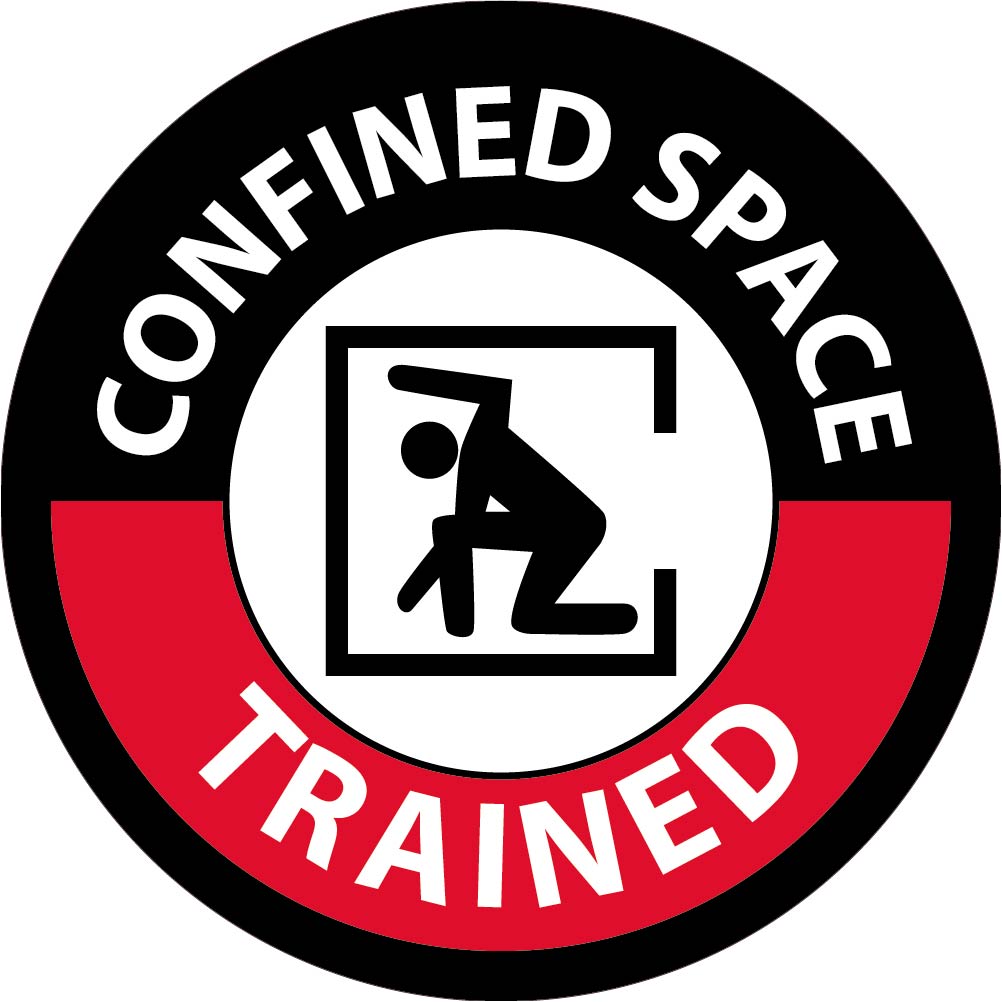Latest sewage & wastewater news
RA Dalton Ltd are the Klargester number one accredited installer covering the whole of the UK.
Why is the treatment of Sewage important?
When your day-to-day work requires you to handle all elements of wastewater including untreated effluent and raw sewage there are number of considerations that need to be at the forefront of our minds before carrying out the job at hand.
The handling of raw sewage and untreated effluent can pose a number of health concerns if not handled correctly, this includes:
- Leptospirosis (Weil’s disease)
- Hepatitis A and B
- Coli
- Giardia
- Other viruses and bacteria can also be transferred through human waste.
How we safeguard our employees
As a standard procedure to protect our employees a number of measures are implemented as standard practise. This includes being up to date on a number of vaccinations (not for the faint of heart if you’re afraid of needles!), usage of appropriate PPE at all times and an extensive understanding of the industry and training on the correct ways to handle waste.
COSSH Risk assessments and method statements are in place for the daily handling of sewage and prompt and appropriate treatment of any wounds can also help in avoidance of any health concerns.
Why the treatment of sewage is important
It is no surprise that the Environment Agency has started cracking down on the discharge of untreated effluent/ raw sewage polluting the environment. Beyond the effects it can have on the surrounding habitat and wildlife it understandably can also affect anyone who may decided to take a quick summertime ‘dip’ in the river.
Whilst this is considerably diluted when mixed with a flowing watercourse, the risks are still valid, especially in areas where water authorities use the area as an overflow during storm conditions and pump failures.
Needless to say, the treatment of wastewater is essential, and it is a fundamental requirement that the 2020 General Binding Rules are met.
How you can help
For users of private wastewater systems, the first port of call is to ensure that the unit you have installed is adequately sized to handle the daily flow from your property and the outfall is compliant with government guidelines.
If you have a septic tank installed it is your responsibility to ensure that the septic tank is emptied approximately every 12 months or more frequently if required. This must be carried out by a registered waste carrier with a waste transfer note issued.
For sewage treatment plants these must be maintained, serviced, and emptied in line with the manufacturer’s guidelines by a competent and experienced wastewater engineer. All copies of Service sheets, waste transfer notes etc must be kept available for instances where the documentation may require inspection.
Mains sewer is no exception to the responsibilities either as ensuring that no wipes, nappies, or foreign items enter the mains sewer is also your legal responsibility. Millions of pounds are spent every year to deal with blockages, fats, oils, and grease build up and damaged/ misused pipework.

